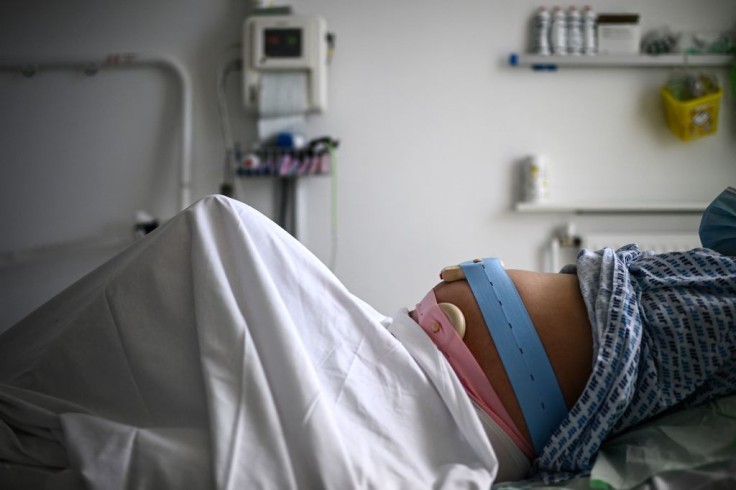
Amidst the escalating syphilis outbreak in the United States, concerns are mounting over the availability of Bicillin, the essential injectable penicillin used to treat sexually transmitted infection in both adults and children.
Pregnant women and infants, in particular, are at higher risk as the demand for Bicillin intensifies amid reports of shortages in various regions, including Texas.
Health officials and medical experts express worries about the impact on vulnerable populations, as syphilis cases continue to rise.
Syphilis Outbreak Sparks Widespread Concerns
As reported by Forbes, the nation has been grappling with an alarming surge in syphilis cases, with a concerning rise reported over the past several years.
According to the Centers for Disease Control and Prevention (CDC), all stages of syphilis have increased by 74% since 2017, with over 176,000 cases documented in 2021 alone. This indicates a pressing need for effective treatment options, making the availability of Bicillin crucial in combating the outbreak.
In reaction to this epidemic, the Health Department is initiating a swift outreach initiative, referred to as a rapid response in their statement. This strategy involves expanding screening opportunities, concentrating on high-risk areas, and engaging community collaborators to mitigate the spread of new infections.
They plan to utilize their HIV/STD mobile clinic more extensively to facilitate screenings and raise awareness about the outbreak, encouraging more individuals to seek testing and treatment.
Furthermore, the Health Department will be waiving all clinical charges for sexually transmitted infections at their health centers.
Texas Syphilis Outbreak Raises Additional Worries
Texas, in particular, is experiencing an alarming increase in congenital syphilis cases, which occurs when the infection is transmitted from mother to unborn child during pregnancy.
According to CNN, the Texas Department of Health and Human Services, cases of congenital syphilis have risen by a staggering 650% since 2016. This concerning trend raises serious health risks for pregnant women and their infants in the state.
Dr. James Hodges, an internist in Waco, Texas, has witnessed the impact of the outbreak on vulnerable populations. He shares alarming insights into the situation, revealing that two Texas prisons have seen a significant surge in positive syphilis cases among their women's intake units.
Most of these inmates come from metropolitan areas like Houston, San Antonio, and Dallas-Fort Worth, where the outbreak is prevalent.
Dr. Hodges highlights the need for heightened awareness and testing in correctional facilities to control the spread of the infection effectively.
Bicillin Supply Challenges Compound the Crisis
As the syphilis outbreak persists, the supply of Bicillin, the primary treatment for the infection, faces critical challenges.
According to Fox News, Pfizer, the sole manufacturer of Bicillin, recently announced an anticipated "limited supply and impending stock out situation" for select Bicillin medications, exacerbating concerns over access to vital treatment. The company, however, denies an official shortage of the drug.
Health authorities and experts worry that this restricted supply may disproportionately affect pregnant women and infants, who are most vulnerable to the severe consequences of syphilis.
Pregnant women who contract syphilis can pass the infection to their babies, leading to stillbirths, infant deaths, or babies born with severe birth defects.
The importance of Bicillin in treating pregnant women with syphilis cannot be understated, as it can significantly reduce the risks associated with the infection.
Dr. Mark C. Poznansky, an infectious disease physician at Massachusetts General Hospital and an associate professor at Harvard University, emphasizes the significance of Bicillin in treating syphilis cases, particularly in pregnant individuals and those unable to receive alternative treatments.
Despite the challenges in supply, health professionals continue to prioritize Bicillin for these vulnerable populations to prevent potential harm to mothers and their infants.